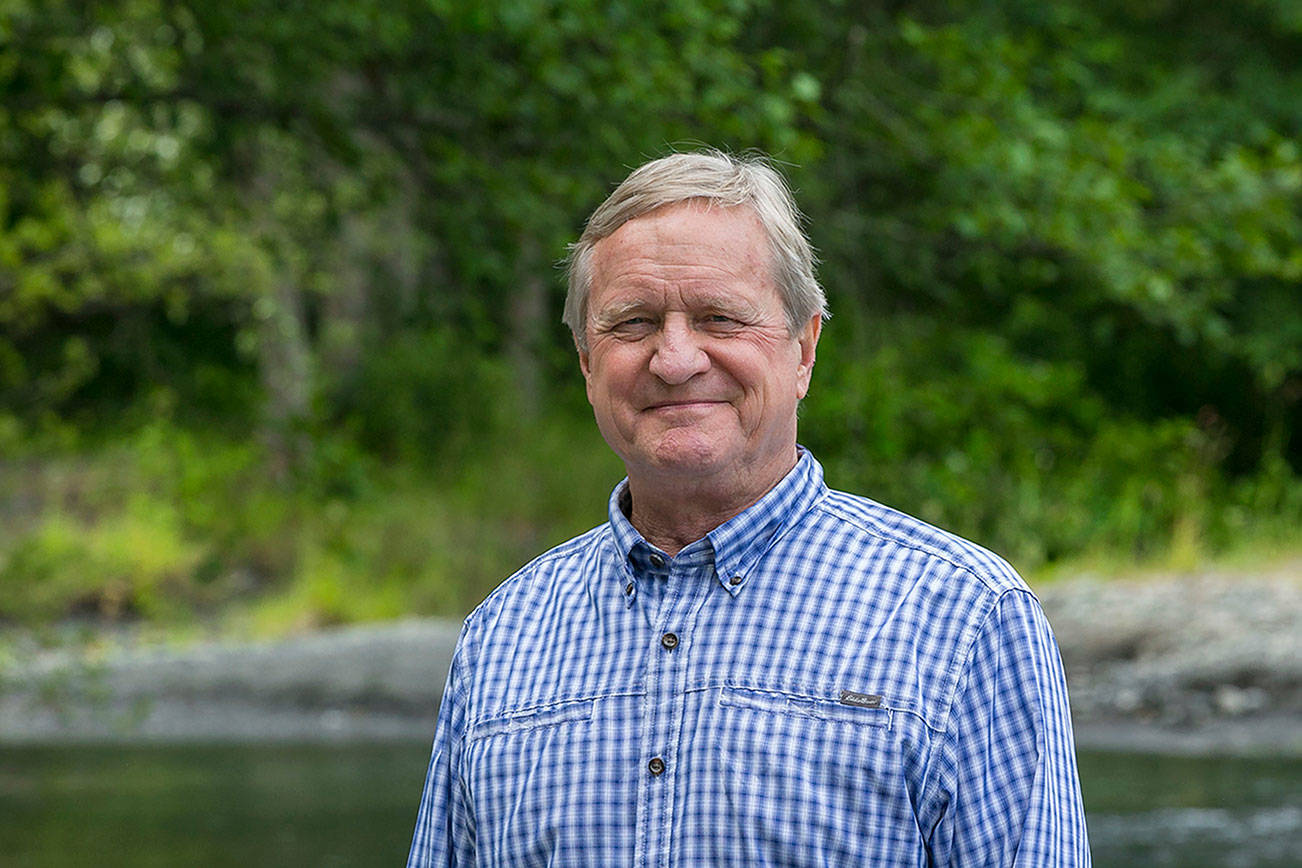Steve Tharinger is running for re-election as a representative for the state’s 24th District. The Daily World sent the following questions to all of the candidates for state representative. Here’s Tharinger’s response.
Please briefly describe your professional or personal qualifications for the job:
I served three terms as a Clallam County Commissioner and I am finishing my fourth term representing the 24th LD. I am chairman of the Capital Budget Committee in the House and sit on the Appropriations and Health Care committees. Before getting into public service I was a small wood-manufacturing business owner.
Your occupation: Washington State representative (Democrat)
Some rural school districts say the funding mechanism that provided money for teacher raises will leave less money for districts to pay for the same programs they have had in the past. What, if anything, should the Legislature do about that?
The Legislature this session will have to address some of the disparities between the additional funding the state provided to districts and the revenue they were getting from their levies, as well as some of the regional adjustment mechanisms.
Homelessness has become a universal problem and solutions seem beyond local communities. What should the state do to address homelessness?
We provide over $100 million for the Housing Trust Fund through the capital budget. We provided money to rehab and weatherize low-income rural homes and increased the types of land eligible for purchase under the Affordable Land Acquisition Loan Fund. We are also looking at providing funding for the infrastructure (sewer, water, and roads) for affordable housing projects.
Rural communities struggle with a shortage of doctors. What can the state do to narrow the gap between rural and urban-area health care?
Providing and sustaining access to quality health care in rural areas is a continual challenge. From my positions on the Health Care Committee and Appropriations Committee, I have been able to get higher reimbursement rates for hospitals on the Peninsula and provide money for training and residences in rural areas which helps recruit and retain doctors and other medical professionals.


